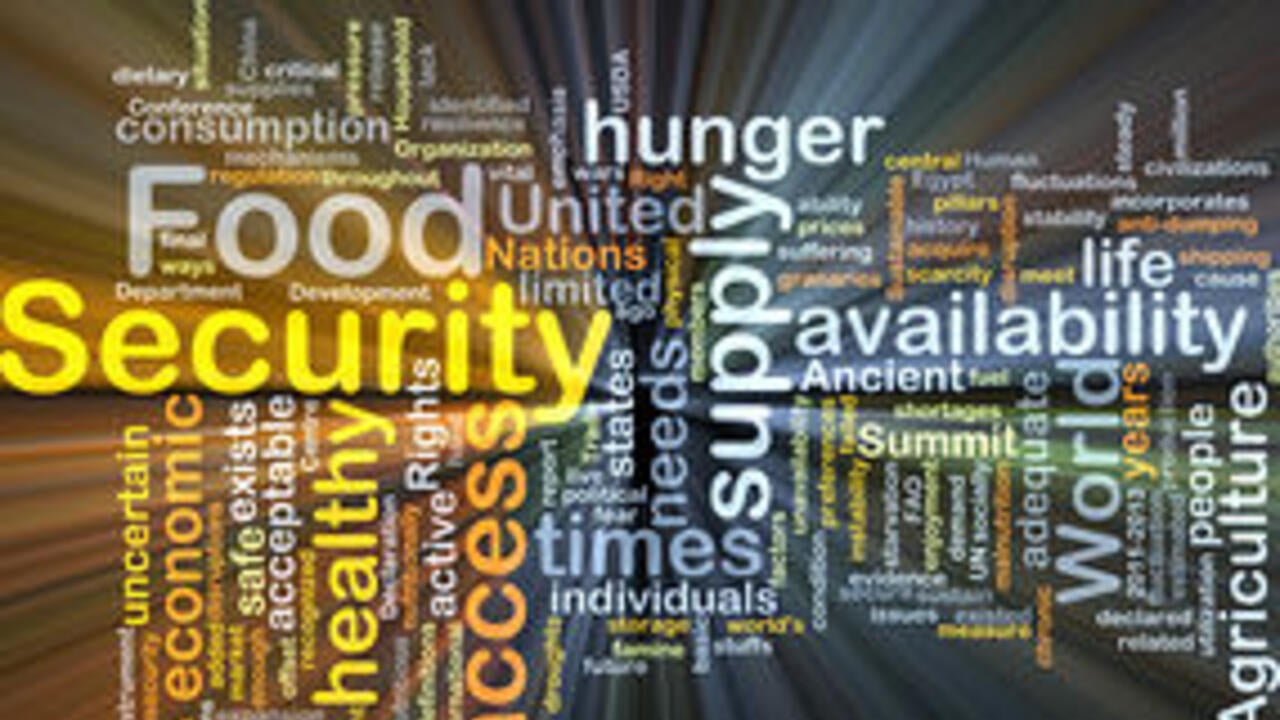Jodi Koberinski of Waterloo’s Geography and Environmental Management department answers our questions about the food chain here.
How is our food supply chain affected by COVID-19?
In every corner of the web that is our food system, we see impacts: disruptions in farm labour globally, processing bottlenecks and retail and food service disruption. Food is social — sporting events and weddings and all things on hold also impact food workers and ultimately farmers.
Food is now visibly an essential service.
Why are dairy farmers dumping milk?
Food service, food processing, school meal programs from day school through Grad school, and fast food customers all stopped buying. All at once. The supply chain — due in part to consolidation, monopolization, and the pressures of a for-profit commodity provision of an essential service — can’t adapt so readily to home delivery, new packaging and shifting demands overnight. The sheer volume of daily processed dairy through these billion-dollar channels is astounding.
What happens if meat-processing stops?
Animals will be euthanized in many cases, others can be held within a production system but only for so long. Chickens and other animals raised for slaughter that live beyond a certain processing date may start to exhibit health issues and become a feed and crowding issue in systems designed for turn around. The dead animals may end up in some pet food systems but much will go to waste.
How is COVID-19 going to affect food pricing and availability as the economy slowly reopens?
Food pricing is expected to climb globally — we can look to the economic crash of 2008 for a reminder and recognize that every country is experiencing disruptions of some sort to greater or lesser degrees.
Inflation in produce has already begun.
Why are plants like Cargill so susceptible to such an outbreak?
Plants require workers to be in tight quarters during long shifts with what workers describe as inadequate PPE. Workers are in close contact during meal breaks — as well as in transport and in housing, which is exactly what we’re supposed to be avoiding when we’re asked to practice physical distancing.
Most workers are migrant or immigrant workers who earn very little for already risky work with little or no protection in the workplace. Fear of speaking up had impacted conditions in the largest plants.
The University of Waterloo has a number of experts available for comment on various aspects of the COVID-19 pandemic, click here to see the up-to-date list.








